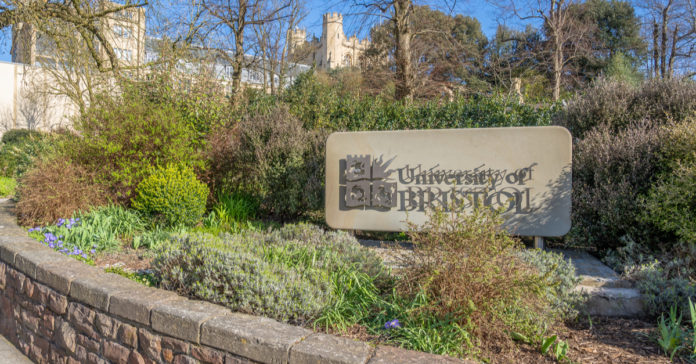The UK government’s Prevent counterterrorism strategy has reinforced negative stereotypes of Muslims and has encouraged “a culture of mutual suspicion and surveillance” on university campuses, according to a new report.
The report, Islam and Muslims on UK University Campuses: perceptions and challenges, led by SOAS University of London working with Lancaster, Durham and Coventry Universities, also finds that the government’s Prevent initiative appears to have the effect of discouraging free speech within universities.
Based on the findings of a research project undertaken between 2015 and 2018 it provides the first nationwide picture and hard evidence of how the 230,000 Muslims (8 to 9 % of the student population) experience life at UK universities and how their non-Muslim peers view them.
The project included a national survey of 2,022 students across 132 UK universities. In addition, interviews and focus groups were conducted with 253 staff and students at six higher education institutions, including four universities and two Muslim colleges of Higher Education.
The government has long maintained that radicalisation is a problem in UK universities and that Prevent is an essential means of tackling it. But the report reveals that students who agree with the government line are more likely to express negative views about Islam and Muslims.
The research shows, for example, that students who see radicalisation as a problem on campus are four times more likely to believe that Muslims have not made a valuable contribution to British life.
And those who support Prevent are almost three times more likely to see Islam as intolerant towards non-Muslims than those who believe Prevent damages university life.
Subscribe to our newsletter and stay updated on the latest news and updates from around the Muslim world!
Moreover, students and staff self-censor their discussions to avoid becoming the object of suspicion and are sometimes discouraged from exploring, researching, or teaching about Islam. Only a quarter say they feel entirely free to express their views on Islam within university contexts.
And more than 50% of students acknowledged having limited, little or no knowledge of Islam.
The report calls for a fresh debate on future models of university citizenship. The researchers are calling on the HE sector to empower Muslim (and other marginal voices), foster respect and develop knowledge of Islam and Muslims. Stronger links between universities and Muslim colleges should be an important part of this.
Principal Investigator Professor Alison Scott-Bauman, of SOAS, said: “The case for evidence-based policy making is urgent. We believe this report will serve as a helpful contribution to this process, not least as it contains positive and practical proposals for building on the considerable strengths represented across the HE sector.”
The research also finds:
- While the majority of students expressed generally positive views about Islam and Muslims, 42.6% agree that Islam is a religion that discriminates against women with a further 34.8% choosing neither to agree nor disagree.
- A quarter of all students (25%) cited mass media (TV, newspapers, magazines, news websites and social media) as their most important source of information about Islam.
- More than 70% of students agree that Muslims have made a valuable contribution to British life with 85% agreeing that the majority of Muslims are good people.
- Views about Islam as a religion are less positive. Around a fifth of students (Christians, Muslims and the non-religious) believe Islam is incompatible with British values.
- Despite widespread positivity towards Islam and interfaith relations, the research finds some clear evidence of unconscious bias, casual racism, and discrimination.






















